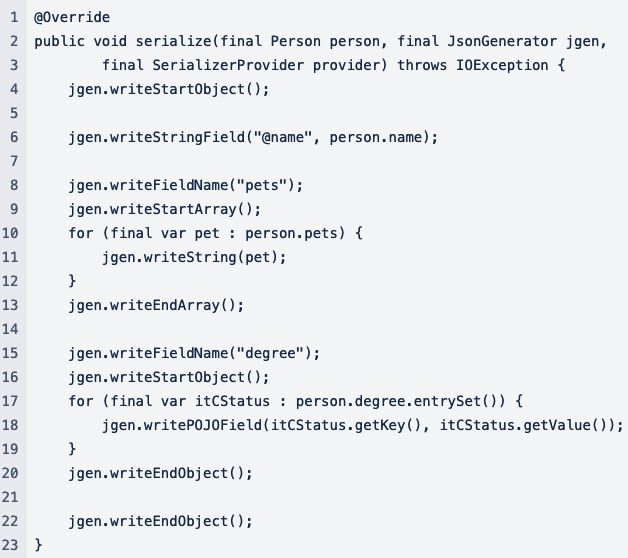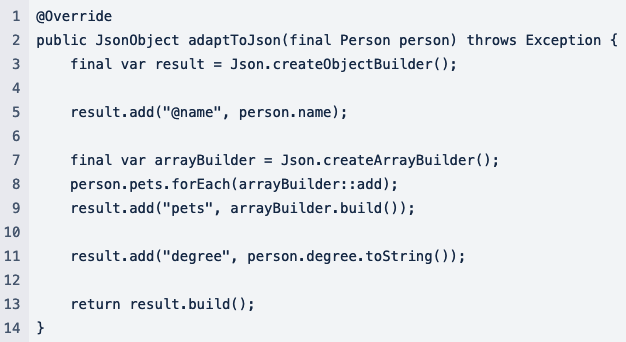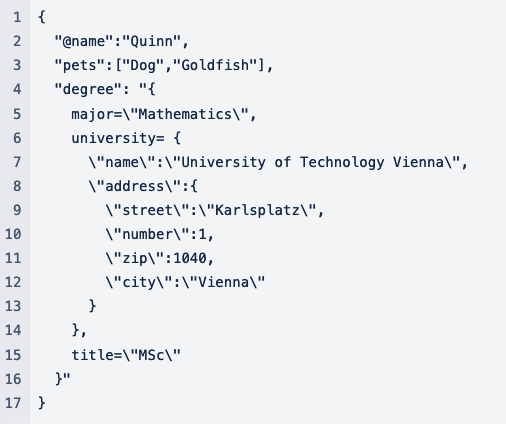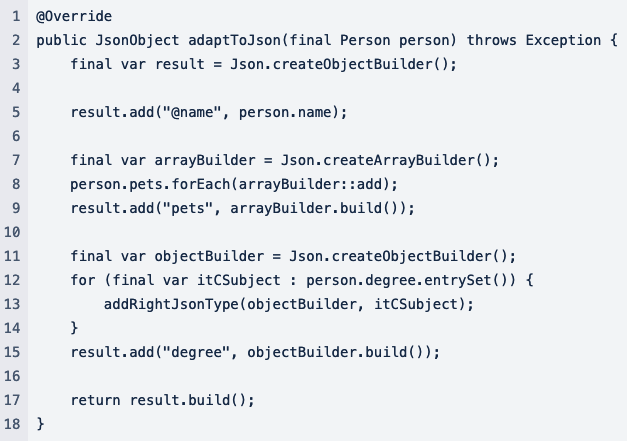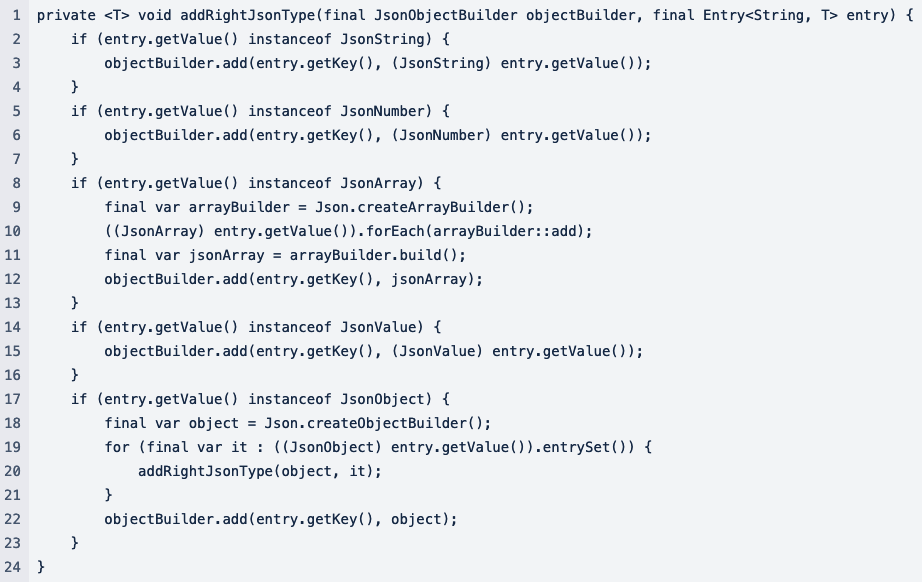Preamble
In spring 2019 I applied and received a scholarship for an MBA at the Technical University of Vienna. I quit my job in autumn, same year, and travelled for a month before starting the MBA and a new job. The pandemic arrived a few month later and my job was a flop. What to do?
Intro
I decided I wanted for my MBA master thesis to write a business plan, the business plan to my own startup. So I took the path of entrepreneurship to learn it while doing it and to make the most of my MBA. Of course, at the beginning, the intention was to be successful and create my own work place and job description while also doing something good in the world. Now, after more than a year, I know it was an excellent learning adventure because it was not successful in the sense of creating a business.
The details about the entrepreneurship path, which includes Lean Design Thinking and our six ideas that were generated, are detailed in my master thesis. But the change that took place in me and the learning and self discovery, well that is a different story. Part of it I will try and write about it here.
Getting to the hard points
Taking part in several course and startup events to learn.
I tried a lot of startup opportunities offered in the Viennese community (and abroad) in 2020/2021. Some were better than others. Next I will mention some of them maybe it will help you.
First there was the 8-week startup course by RBL1, US based. I wanted to see what people in US learn in entrepreneurship. And I wanted to see what US startups were working on. Plus, the course was in beta version and I did not have to pay for it. It was interesting. It gave me the basics but I wanted to learn more.
Afterwards we got into the Impact Hub social accelerator for six month. This program was face to face, as much as possible, and it really conveyed a feeling of community. All the participating team were working on SDG problem. The mindset was amazing. We learned from one another and the workshops were tailored for starting startup like ours.
In parallel, we also did the WeDO5 good startup school where we learned about a different approach: the lean startup innovation methodology. And it was all about validation, validation, validation which we soooo underestimated.
We took part in the Circle17 Impathon where we worked on a proposed challenge brought to the program by the Austrian Development Bank. This was an intense long weekend, excellently organized! Everything was collaboratively done in Miro, remote and we had great fun!
At the Hacking4SDG startup course, organized by WeDo5 again, we had an intensive learning journey. We had the pressure to meet Alexander Osterwalder and Steve Blank. This course was all about validation, validation and validation again. Which we finally started to understand.
For the year 2021, we joined the Women AI Accelerate program and the SDG Innovation Lab. At this point, we were seven people in the team and we could split up in the courses which took place over several months. The Women AI Accelerate consisted of about 40 women interested in startups. The content was excellent! Each diverse topic, from law to AI programming to Public Relations, was delivered by top female and male experts. Some of the content was better than my MBA content!
For sake of completion of the list: we also took part in Startup Live in February 2021. And I want to mention the Vienna Business Agency which were absolutely lovely (compared to other Austrian institutions) and it offers great courses for entrepreneurs.
Next I will talk about what we did not join or what did not work for us.
We did not get into INITS in Vienna because we did not have a joint venture with a University or such. The UGP looked over the incomplete business plan and after two sessions, rejected me from their support and program. Then, we did get into Founder’s Institute but decided at that point, start of 2021, that we could not commit to the intense program and its expectation.
And in March 2021 we got the delayed answer from FFG that we got the Impact Innovation grant we have applied for in October 2020.
Conclusions:
There are a lot of programs and events out there. Each have their different levels of knowledge and expectations. But not all of them are good. What they all have in common: they demand your time. And your time is really valuable! Make wise decisions and inform yourself beforehand. And when possible, try to find out what you need and what fits to your state of startup you are in before joining. Have goals for each one.
Desperately trying to make sense of my personality in the hope I can work better together with my co-founder.
Some of the time in the co-founding team was dedicated to us, our communication, our mentoring each other and getting to know each other. It was hard to try keep this up but we managed I would say. This was not the problem.
We started with the MBTI personality test. I mean I even read the book about it, several times. And I tried to explain what it all means, to my co-founder… how I embody the INFJ type indicator. Well… that was not quite enough. Our friction problems were unfortunately not simply solved with this know how. Then we did some two more personality type tests, I am afraid I do not remember their names because they were not so good. And in the end we also learned about DISC. DISC is interesting! It resonated with me a lot. And it is probably quite useful if one would not be a ‘chameleon’. It turns out I can adapt to all four types of DISC when need be. And still…
One of the igniting reasons, the biggest reason for me, the startup failed, is because the team fell apart. I tried to think about it to learn why it did in the hope to avoid it next time around. Well… I suppose, like in marriage or any relationship: when it is a bit harder than it should be, at the beginning already, it is a sign this is not it. And if one learns to listen to the gut feeling more instead of being afraid to be a solo entrepreneur, one could avoid sooner the unavoidable.
Conclusion:
Personality types do not replace the gut feeling you are trying to avoid. They can also not explain what is going wrong 100% in your communication or misalignment. Instead of spending time here and there, just spend time with yourself and ask yourself truly: Is this what I want? Is this feeling good? Are we aligned? If more than one answer is a “no” then maybe you should call it out: next!
Austrian services to found a business almost killed me.
Oh wow! This which I expected to be easy, turned out to be soooo annoyingly hard. There is either too much or too little information online. Calling blindly WKO made matters worse.
To the point: we did not know what legal form we could create in our situation and to get the information was tedious. We did no know if we need a lawyer first or an accountant or what. To this day, I do not know why it was so hard! But I was disappointed! Even the equity split discussions were easier than this.
Conclusion:
The accountant knows more than you think and probably you need to go first to her. Not everyone will be kind and helpful, brace yourself.
Knowing when to CALL IT A DAY.
At the end, I had to do a very hard decision in my life: say ‘no’ to a 150k grant. Why this was necessary I will explain next.
We were decided to be three co-founders and to found a GmbH. We had a 30% equal split and 10% employee equity with a four year vesting period and a 25% cliff after one year. We even figured out we needed an accountant and we got a draft for a formal founder’s agreement. And then, the team fell apart. One founder backed out and the other two as well (including me). I want to say this was not the reason but it was the ignition.
I always said (at least to myself) I do not want to go this path solo. I wanted a partner, eye level, to share motivation, enthusiasm, responsibility and risk, equally. However, ‘equally’ is a funny thing! Yes, we did split equity equally but I started to have doubts that I was getting into business with someone on the same eye level. Doubts started creping in, in my bones. And what do you have as an entrepreneur when you start to not believe in your journey? Not much I tell you.
To make matters worse, I started to have anxiety in the form of shortness of breath already back in February 2021, almost every day. And that was my body telling me already back then, that things are not ok. I ignored my gut feeling and then it started to manifest physically.
Conclusion:
Never, never ignore gut feelings. They are the first signal about something being wrong. Not even team coaching can fix a founders relationship which is not meant to be, if problems are there from quite an incipient phase. Startups should be fun! When one forgets the fun and it is stress 24/7… well… I don’t know.
Some good takeaways
- You can only learn while going threw it. And you will learn more than you ever thought you can.
- Go threw it! You cannot imagine how many things you will learn: about yourself and about entrepreneurship.
- There is a wonderful new world with welcoming people awaiting in the entrepreneurship ecosystem.
- Take your time to choose your co-founder.
- Try to have a north star and not to loose your way (your values and/or purpose).




